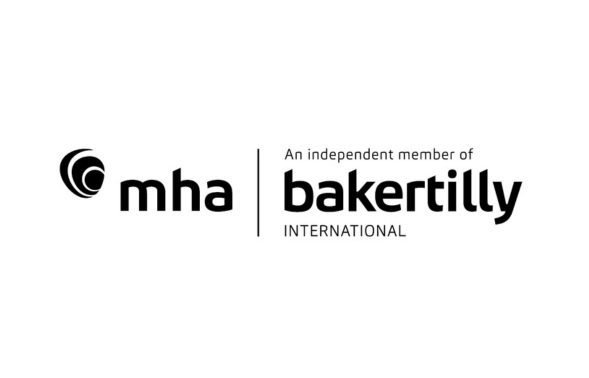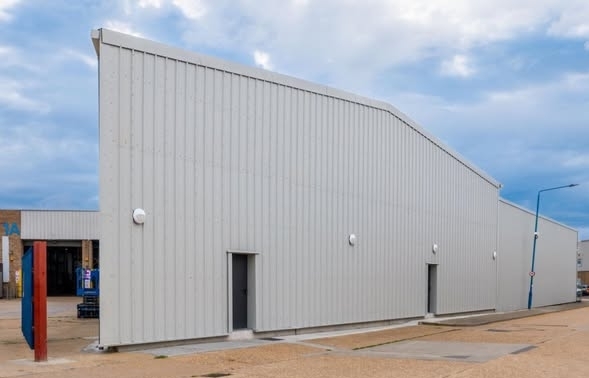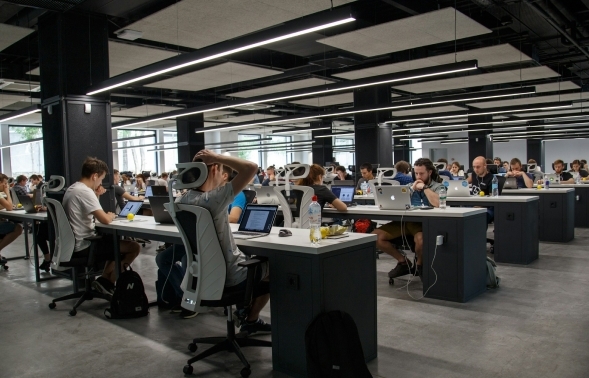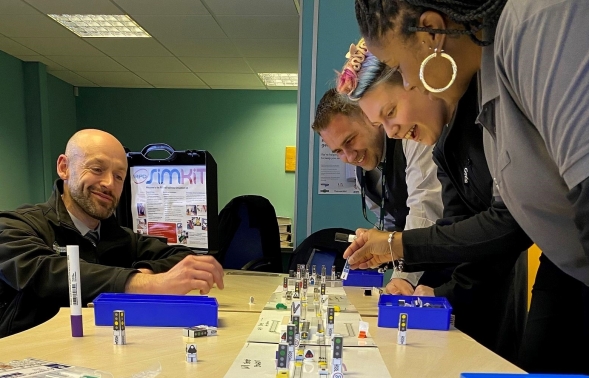Prime Minister Boris Johnson has said there will be spot checks on businesses to ensure they are COVID compliant as government released its 50-page strategy to 'rebuild' the UK today.
Taking questions from MPs in the House of Commons, Mr Johnson said: "We are going to insist that businesses are going to look after their workers. We will be having spot inspections to make sure businesses are keeping employees safe."
The government's recovery document, OUR PLAN TO REBUILD: The UK Government's COVID-19 recovery strategy, was released this afternoon - and guidelines to help workplaces ensure they are 'COVID secure' are due to be issued this evening.
With six chapters, the document looks at the current situation, the government's aims to save lives and livelihoods, a phased recovery, the three-stage roadmap to easing lockdown, supporting programmes and how the public can help.
For the first time, government is advising people to wear face masks when in enclosed spaces, such as public transport or shops.
The document also outlines the aim to begin the rephased opening of primary schools and 'non-essential retail' from 1 June - and, if feasible, all primary school pupils will return to school for a month before the summer holidays. Hairdressers, barbers, pubs and other non-essential hospitality businesses will not be able to reopen until 4 July at the earliest.
The document states that as of 3 May, 800,000 employers had applied to the Coronavirus Job Retention Scheme, with government helping to pay the wages of 6.3million jobs.
Speaking in the Commons, Mr Johnson also urged employers to recognise childcare issues for employees when asking them to return to work.
He said: "The education secretary will be setting out in further detail how we propose to help those with child care needs.
"I want to stress that if you can't get the child care you need to get to work that is plainly an impediment to work and your employer should recognise that."
The Prime Minister will be leading a news conference at 7pm.
The government has also updated its FAQs on what you can and can't do from Wednesday - including going to work, and workers' rights.
From Wednesday, people will be able to:
- spend time outdoors - for example sitting and enjoying the fresh air, picnicking, or sunbathing
- meet one other person from a different household outdoors - following social distancing guidelines
- exercise outdoors as often as you wish - following social distancing guidelines
- use outdoor sports courts or facilities, such as a tennis or basketball court, or golf course - with members of your household, or one other person while staying 2 metres apart
- go to a garden centre
For more information on the FAQs, click here.
£2bn package to shift roadspace from motorists to cyclists and pedestrians
Transport Secretary Grant Shapps has announced a £2bn package to support alternative ways to travel, such as walking and cycling, in order to relieve the pressure on public transport.
Pop-up bike lanes with protected space for cycling, wider pavements, safer junctions, and cycle and bus-only corridors will be created in England within weeks as part of a £250m emergency active travel fund - the first stage of a £2bn investment, and part of the £5bn in new funding announced for cycling and buses in February.
Fast-tracked statutory guidance, effective immediately, will tell councils to reallocate roadspace for significantly-increased numbers of cyclists and pedestrians. In towns and cities, some roads and streets could become bike and bus-only while others remain available for motorists. More side streets could be closed to through traffic, to create low-traffic neighbourhoods and reduce rat-running while maintaining access for vehicles.
HELP SHINE A LIGHT ON THE STORIES OF KEY WORKERS
The government is asking businesses to tell them about key workers they know helping to keep the UK moving during the Coronavirus pandemic.
Please fill in this online form for key workers in the following sectors: manufacturing, construction, consumer goods, scientists/researchers, servicing, postal workers, and oil/gas/electricity/water/sewage/chemical workers.
RESOURCES TO SUPPORT YOUR BUSINESS DURING COVID-19 DISRUPTION
Please find below our comprehensive list of additional resources to help businesses, employees and the self-employed affected by coronavirus (COVID-19).
Government Coronavirus Business Support Hub
You can go here to find out all the latest information about what funding and support is available for your business, managing your business during coronavirus and business closures. There is also a new 'support finder' tool to help businesses easily determine what financial support is available to them during the coronavirus pandemic through a quick and simple online questionnaire. You can find out more about the tool here.
Government Coronavirus Business Support Whatsapp
The government has also launched a Coronavirus Information Service on WhatsApp which is now updated with business support advice. Text 'hi' to 07860064422 via Whatsapp and there are business support measures highlighted under option 5 with the relevant links to GOV.UK pages.
Government Business support helpline
Contact the government's business support helpline for free advice
Phone: 0300 456 3565
Monday to Friday, 9am to 6pm
HMRC have online help set up to help businesses and self-employed people concerned about not being able to pay their tax due to coronavirus.
The best way to get help from HMRC on any topic is to contact them online. Alternatively, you can call them on 0800 0159 559.
Government departments are hosting a series of webinars to help businesses understand the support available:
- for topics that cover supporting and retaining staff and the self-employed, register to attend future webinars or watch recorded sessions
- for international trade, register here
Coronavirus Business Support blog
The Department for Business, Energy and Industrial Strategy have created the Coronavirus Business Support Blog to help business get the support they need to help with the impact of coronavirus.
If your business needs more workers as a result of COVID-19, such as those in food logistics, preparation and retail, post vacancies on Find a Job.



















